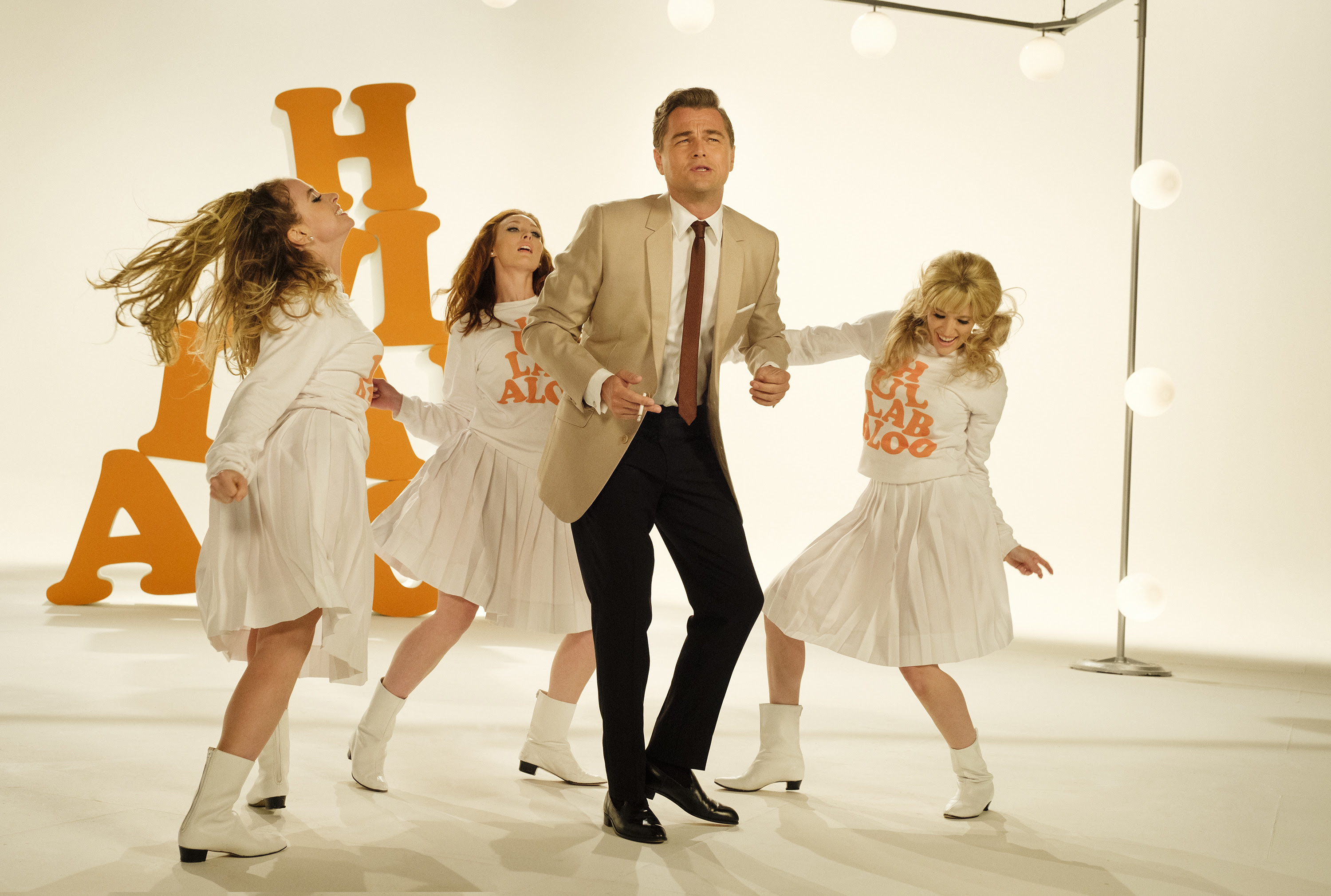
The late, great, American writer Kurt Vonnegut said, “The arts are not a way to make a living. They are a very human way of making life more bearable.” But will the arts be human for much longer? Randy Douthit, a TV industry veteran with four decades of experience, believes that the soul of television lies in its human-centric storytelling.
In an era where artificial intelligence is rapidly transforming the entertainment landscape, Douthit remains a staunch advocate for preserving the irreplaceable value of human creativity. “There are some things that AI will never be able to do. It can’t capture the soul of a person. It can mimic them; it can pull things together that they’ve said in the past, but there is no substitute for human spontaneity and creativity,” he asserts.
Douthit draws a clear distinction between the practical applications of AI in research and technical evaluations, and its creative prowess. “AI is good for research,” he says. “It is good for examining the mechanical elements of things and for evaluating technical options. It can create — or re-create — certain types of experiences. But it is no substitute for the human touch.”
While acknowledging the advancements in AI technology, Douthit remains firmly rooted in the belief that the essence of television lies in its ability to capture the nuances of emotions and experiences. He emphasizes the importance of preserving the human element in storytelling, particularly in an industry increasingly grappling with the implications of AI-generated content. Douthit’s stance resonates with those who believe that the line between human creativity and machine efficiency should not be blurred, ensuring that the future of television retains its authentic and captivating human touch.
The Enduring Relevance of Network Television in an AI-Dominated Era
Despite the rise of streaming platforms and the increasing use of AI in content creation, Randy Douthit believes that network television will remain a powerful force. It has several advantages over its streaming counterparts, including its ability to reach a wider audience, its consistent programming schedule, and its ability to create a sense of community.
Furthermore, while AI can be used to enhance certain aspects of the television experience, AI-generated content often lacks the emotional depth and cultural relevance that human-created content can provide. Network television will remain a relevant and successful medium as long as it continues to offer high-quality, original programming that resonates with audiences.
“People have been predicting the death of TV forever, and I don’t see it happening,” Randy Douthit insists. “There will always be network television — it may not have the influence or reach that it once did, but it always will be around.”
Of course, there are growing pains and a steep learning curve when it comes to incorporating AI into a creative realm. The rise of artificial intelligence has sparked a heated debate within the entertainment industry, with Hollywood at the center of this controversy, as seen by the lengthy and heated Writers Guild strike in 2023. While AI holds immense potential to revolutionize the television experience, concerns about its impact on creativity, job displacement, and the preservation of human storytelling have emerged.
One of the primary arguments in favor of AI in Hollywood is its ability to enhance production efficiency and reduce costs. AI-powered tools can automate repetitive tasks, analyze vast amounts of data, and generate realistic visual effects, allowing filmmakers to focus on creative aspects. Additionally, AI can create personalized viewing experiences by analyzing user preferences and recommending tailored content.
However, critics argue that the widespread adoption of AI in Hollywood poses a threat to the creative process. They contend that AI-generated content lacks the emotional depth, the cultural relevance, and the spontaneous creativity that human creators bring to the table. Moreover, they fear that overreliance on AI could lead to a homogenized and formulaic approach to storytelling, stifling artistic expression and diversity.
Another major concern surrounding AI in Hollywood is the potential displacement of human workers. As AI technology advances, some fear that jobs traditionally performed by actors, writers, and other creative professionals could become automated, leading to job losses and a decline in the demand for human talent.
Said David Gunkel, Northern Illinois University professor of media studies, “This is the first step on a long process of negotiating and working through what generative AI means for the creative industry — not just writers, but visual artists, actors, you name it.” As the debate unfolds, Randy Douthit’s perspective offers a nuanced take on the role of AI in television. While acknowledging the potential benefits, he emphasizes that AI should be used to complement human creativity rather than replace it, allowing for a harmonious blend of technology and human artistry.

Latest Posts
-


Film Trailers
/ 4 hours agoA new teaser trailer for Josh Oppenheimer’s ‘The End’ lands from MUBI
MUBI has released a new trailer for Josh Oppenheimer’s new movie, The End. The...
By Paul Heath -


Film News
/ 8 hours agoQuentin Tarantino is reportedly working on a stage play
While we eagerly await Quentin Tarantino’s next movie project, news hits us today that...
By Paul Heath -


Streaming
/ 21 hours ago‘Happy Face’ teaser trailer – Dennis Quaid, Annaleigh Ashford lead new serial killer series
The trailer for the upcoming Paramount+ limited series Happy Face has been released. The...
By Paul Heath -


Film Festivals
/ 1 day agoPanorama, Generation and Forum programmes now complete for 2025 Berlinale
The Panorama, Generation and Forum strands have now completed their line-up for this year’s...
By Paul Heath














